“They wouldn't even lift a finger to save their own grandmothers from the Ravenous Bugblatter Beast of Traal without orders signed in triplicate, sent in, sent back, queried, lost, found, subjected to public inquiry, lost again, and finally buried in soft peat and recycled as firelighters."
-- The Hitchhiker’s Guide to the Galaxy (5.63)
K. In Kafka’s “The Trial”, Arthur Dent in Douglas Adams’ “The Hitchhiker's guide to the galaxy”, and Sam Lowry in Terry Gilliam’s “Brazil” all suffer from the same horrible affliction: having to deal with civil servants. As the ultimate symbol of bureaucracy, inefficiency, sloth and even corruption, civil servants have inspired artists throughout the last century to create some amazing masterpieces. One could wonder if the stain on their public image can ever be removed (and if they would actually want that). Contrary to popular belief, most civil servants are just ordinary people. Many of them are actually in the business of helping people. Nevertheless, there is a certain truth to the perception that consulting a public service can be a tedious and cumbersome process. Thanks to the digitisation of government, much has already improved. However, some hurdles remain to be taken, and Linked Open Data can (arguably) be instrumental to that.
Why is public service so hard?
Public service delivery is the core task of government, but many citizens still fail to access public services easily and quickly. This is partly due to the enormous diversity and the sheer number of services that may be provided by public administrations. It is also true that public services are not delivered by a single entity but can be accessed through different governmental or semi-governmental bodies, often with different contact points. A very large number of public services is provided on the local (municipal) level, and the type of services that are offered can thus differ greatly depending on a citizen’s geographic location. An additional difficulty for European citizens trying to access public services abroad is the language barrier, and even the terminology used in their naming or description.
How can Linked Open Data help?
Semantic web experts will agree that Linked Open Data is the ultimate solution to streamlining complex and federated processes, taking into account differences in terminology and language. Ergo, Linked Open Data should be the ideal method to simplify the consultation of public services. In theory, publishing government services and products as Linked Open Data should make it possible to find (“discover”), compare and analyse public services, independent of the government or agency that is providing them, or the location they are provided in. In fact, Linked Open Data shouldn’t just enable citizens to find and consume the services that are right for them, it should also enable machines to do the same. Such machines (agents, in literature) can help people to connect the dots and execute trivial tasks. This will also come in handy when we decide that Artificial Intelligences should be granted Civil Rights. But for now, let’s focus on humans.
What about reality?
Back on Earth, we are seeing the first examples of governments that are publishing Linked Open Data about their products and services. Unsurprisingly, Europe, with its great diversity in language, customs and governmental models, is leading this discussion. The ISA has developed a number of vocabularies that should make it possible to compare and query public services. A number of pilot projects, namely in Flanders, have been set up to test them, and have in term led to the development of the OSLO Vocabulary, initiated by V-ICT-OR. The City of Ghent is the first local administration to provide a complete overview of their public services aligned with these vocabularies.
What’s next?
The City of Ghent is calling on developers to use this data. However ingenious the Semantic Web may be, without actual applications or agents consuming Linked Open Data, “ordinary” citizens have little to gain from it. To know more about how the City of Ghent is publishing these data and to see some examples of how they can be used join the session on Linked Open Data in the City of Ghent



Share